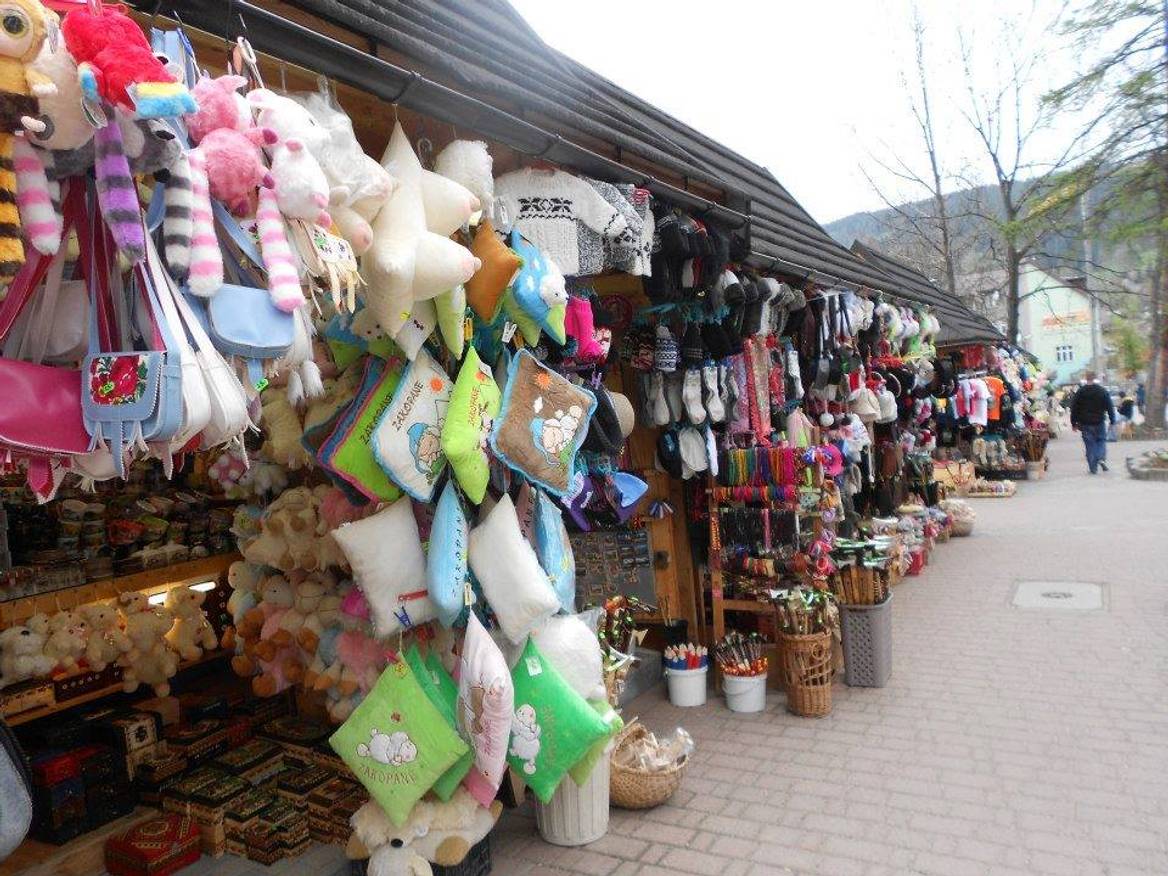On Tap Europe: Organised Crime and Illicit Trade in Poland: Country Report
This is the first in a series of five country-level papers on the role of organised crime groups in the illicit trade of tobacco, alcohol and pharmaceuticals across Europe, focusing on Poland as a case study.
Despite the decrease in violent crime statistics, the annual reports of the national police authority suggest that organised crime in Poland is on the rise. One explanation is that, over the last decade, there has been a shift in organised criminal behaviour away from violent crimes, such as gun crime and robberies, towards economic crime, including illicit trade.
As a general observation, the illicit tobacco trade was found to be the more significant issue in Poland compared to illicit alcohol or pharmaceuticals. However, given the dearth of information on the illicit alcohol market, and still less on the illicit pharmaceuticals market, it is difficult to establish whether these are relatively limited issues in Poland, or whether they have just received insufficient attention to date.
From operations conducted by law enforcement agencies, it is clear that the majority of illicit trade in Poland is controlled by organised crime groups, which appear to be less reliant on traditional hierarchical structures, and have moved to a much more flexible system that reflects legitimate business service models. Membership is often transitory and given the opportunities to make significant profits there is more incentive for these groups to co-operate rather than compete, including transnationally.
This paper identifies five specific drivers of illicit trade conducive to the involvement of organised crime groups in Poland: the significant price differentials with neighbouring countries; a social acceptance of illicit goods and the perception among the public that illicit trade is not a serious criminal issue; the accessibility of illicit goods, particularly in street markets; relatively lenient sanctions available to penalise illicit trade activity; and legislative weaknesses and legal loopholes at both the national and European level.
About the On Tap Europe Series
According to Europol, commodity counterfeiting and illicit trade in substandard goods are major emerging criminal activities in the EU. The low risks and high profitability associated with illicit trade increasingly attract organised crime groups and the number of counterfeit products seized by law enforcement agencies across Europe continues to grow. The eighteen-month On Tap Europe study provides a comparative analysis of the role of organised crime in the illicit trade of tobacco, alcohol and pharmaceuticals across the EU, gathering evidence from a number of member states.
The six-part series explores the scale, methods and routes of these organised criminal networks, and identifies best practice in policy and law enforcement responses. The final report examines how these issues affect Europe as a whole; it features a series of recommendations for the European Commission, its agencies and EU member states.

